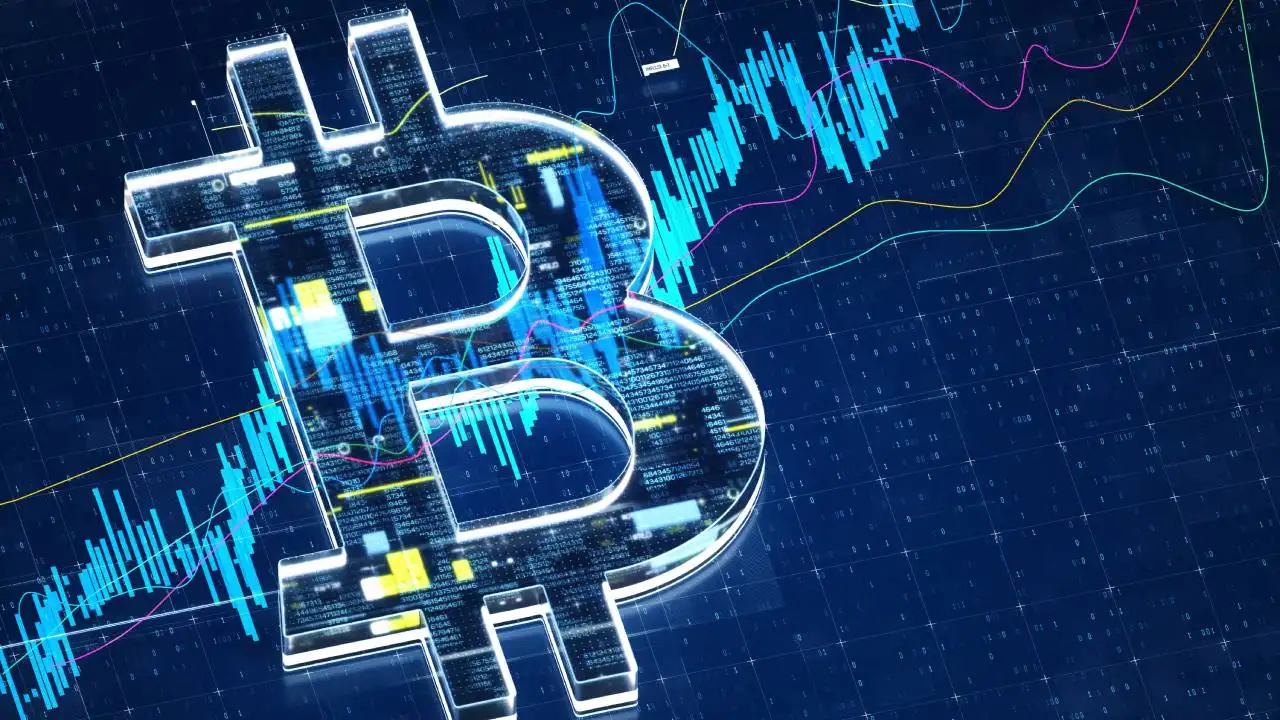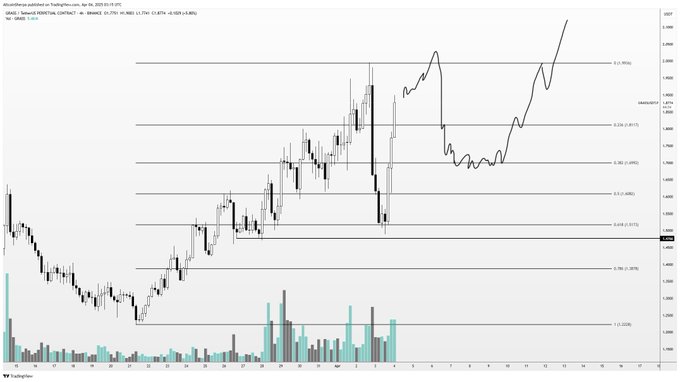
Coin-related
Price calculator
Price history
Price prediction
Technical analysis
Coin buying guide
Crypto category
Profit calculator

grass priceGRASS
How do you feel about grass today?
Price of grass today
What is the highest price of GRASS?
What is the lowest price of GRASS?
grass price prediction
What will the price of GRASS be in 2026?
What will the price of GRASS be in 2031?
grass price history (USD)
 Lowest price
Lowest price Highest price
Highest price 
grass market information
grass market
grass holdings by concentration
grass addresses by time held

grass ratings
About grass (GRASS)
What Is Grass?
Grass is a decentralized network built on the Solana blockchain, designed to harness the power of unused internet bandwidth for data collection and AI development. By leveraging a distributed network of node operators, Grass transforms idle bandwidth into a valuable resource for scraping public web data, which is then structured into datasets used to train AI models. This innovative approach allows individuals to contribute to the growing field of artificial intelligence while earning rewards for their participation.
The network operates as a Layer 2 Data Rollup, meaning it processes data off-chain while relying on the Solana blockchain for final settlement and validation. Grass's architecture includes various components such as Validators, Routers, and Grass Nodes, which work together to ensure the integrity and efficiency of the data collection process. With a focus on privacy and security, Grass ensures that no personal data is collected, only public web data, making it a secure and user-friendly option for those looking to participate in AI development.
How Grass Works
Grass operates through a network of lightweight nodes that users can run on their devices. These nodes utilize the user's idle internet bandwidth to collect and relay public web data, which is then used to create structured datasets for AI training. The process begins with Grass Nodes, which act as the gateway to the internet, relaying traffic as initiated by the client and directed by Validators. These nodes are rewarded based on their performance, which is measured by their reputation score and the amount of data they successfully relay.
Validators play a crucial role in the Grass ecosystem by verifying web transactions and generating Zero-Knowledge (ZK) proofs to ensure data integrity. Initially, Grass uses a centralized validator system, but it plans to transition to a decentralized committee of validators to enhance security and decentralization. Validators also batch session data proofs and submit them to the blockchain, creating an immutable record of all data processed within the network.
Routers connect the Grass Nodes to the Validators, managing the flow of data and ensuring that all traffic is encrypted and metered. They are incentivized based on the total validated bandwidth they serve and must maintain high network uptime to remain effective. This combination of nodes, validators, and routers allows Grass to efficiently collect, verify, and process large amounts of data, which is essential for training AI models.
What Is GRASS Token Used for?
The GRASS token is the native utility token of the Grass network, designed to facilitate transactions, incentivize participation, and support the overall ecosystem. Node operators who contribute bandwidth to the network are rewarded in GRASS tokens, providing a direct incentive for users to participate in data collection and validation. The tokens can also be used for staking, allowing holders to participate in network governance and earn additional rewards.
In addition to rewarding participants, GRASS tokens may be required for accessing certain services within the network, such as data validation and access transactions. This creates a demand for the token, helping to maintain its value within the ecosystem. The network may also implement a burn-and-mint mechanism to manage the token supply, ensuring a balance between network activity and token availability.
What Is Grass Airdrop?
The Grass Airdrop is a program designed to distribute GRASS tokens to early participants and supporters of the network. Through this program, users can earn Grass Points by running the Grass extension, which may later be converted into GRASS tokens or other rewards such as gift cards or PayPal credits. The airdrop program aims to incentivize early adoption and community engagement, providing a way for users to earn tokens before the official launch.
Participants in the Grass Airdrop can increase their earnings by referring new users to the network. The referral program offers bonuses based on the activity of referred users, creating a compounding effect that can significantly boost the number of Grass Points earned. While the exact date of the airdrop has not been announced, it is expected to take place shortly after the conclusion of the Grass beta phase, marking the transition to broader network availability.
GRASS to local currency
- 1
- 2
- 3
- 4
- 5
How to buy grass(GRASS)

Create Your Free Bitget Account

Verify Your Account

Convert grass to GRASS
Trade GRASS perpetual futures
After having successfully signed up on Bitget and purchased USDT or GRASS tokens, you can start trading derivatives, including GRASS futures and margin trading to increase your income.
The current price of GRASS is $1.55, with a 24h price change of -11.95%. Traders can profit by either going long or short onGRASS futures.
Join GRASS copy trading by following elite traders.
grass news

GRASS rallies to a multi-week high backed by strong trend indicators and golden cross potential. Momentum is strong, but signs of cooling loom.


It paid to be a vibes trader in the past, but now it’s time to focus on fundamentals, Blockworks Research’s Ryan Connor said
New listings on Bitget
Buy more
FAQ
What is the current price of grass?
What is the 24 hour trading volume of grass?
What is the all-time high of grass?
Can I buy grass on Bitget?
Can I get a steady income from investing in grass?
Where can I buy grass with the lowest fee?
Where can I buy grass (GRASS)?
Video section — quick verification, quick trading

GRASS resources
Bitget Insights



Related assets



































